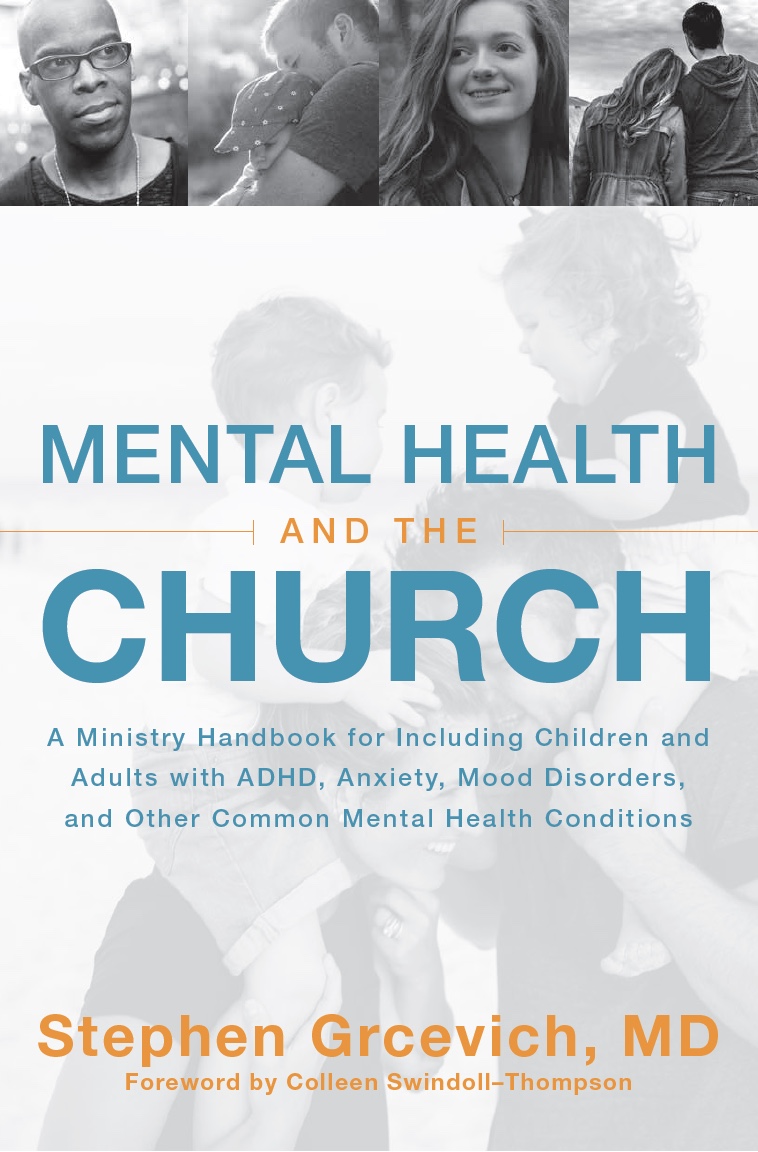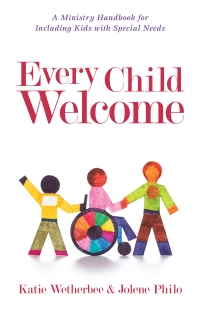 My depression greatly affects my marriage. There have been months where my husband Sergei and I have morphed into caregiver and caregivee, undesirable and painful roles we never expected to assume. And then once or if my depressive episode lifts, we begin the hard work of figuring out how to be husband and wife once again. How do we get back to loving each other? How do we love in our present circumstances regardless of mental illness? It is exhausting and painful. Sergei wrote a poem about our experience and although it cuts me until I bleed to read it, I am thankful he was able to express himself and our relationship with such poetic, truthful, and vivid terms.
My depression greatly affects my marriage. There have been months where my husband Sergei and I have morphed into caregiver and caregivee, undesirable and painful roles we never expected to assume. And then once or if my depressive episode lifts, we begin the hard work of figuring out how to be husband and wife once again. How do we get back to loving each other? How do we love in our present circumstances regardless of mental illness? It is exhausting and painful. Sergei wrote a poem about our experience and although it cuts me until I bleed to read it, I am thankful he was able to express himself and our relationship with such poetic, truthful, and vivid terms.
Depression is a thief. A pickpocket. Swiping a memory here and there. An emotion, a plan for the afternoon, part of a conversation. It is a burglar. Leaving behind empty surfaces and containers that used to be filled with childhood and marriage and friendship. It is a mugger. Stepping out of the dark. Threatening and taking the carelessness of the night away. A kidnapper. Talking, silencing, tying up, holding captive. Until days later, or weeks later, she wanders back home, staggering, unsure of what happened or how she escaped. It is sort of like that. Sometimes.
-Sergei Marchenko, Still Life, Page 115
 Couples fighting mental illness often ask us what they can/should do when one spouse is depressed. Honestly, we wish we knew. We are muddling along in our marriage, at times hopeful that things are getting better and at other times feeling like the union God gave us and the life we’ve built is falling apart. So I offer these suggestions cautiously because we are no experts. We have not come out of the other side of darkness with concrete tips. But here are some things we do. And again, let me be clear, sometimes they help and sometimes they don’t.
Couples fighting mental illness often ask us what they can/should do when one spouse is depressed. Honestly, we wish we knew. We are muddling along in our marriage, at times hopeful that things are getting better and at other times feeling like the union God gave us and the life we’ve built is falling apart. So I offer these suggestions cautiously because we are no experts. We have not come out of the other side of darkness with concrete tips. But here are some things we do. And again, let me be clear, sometimes they help and sometimes they don’t.
- Don’t attempt to solve big issues or plan to ‘work on your marriage’ during a depressive episode. The spouse struggling probably won’t be in their right mind to contribute to the conversation. In fact, they may not even remember it later, and it could cause their depression to delve deeper into the darkens and create frustration and a feeling of helplessness for her husband.
- Outside of depressive episodes, make plans to attempt communication. If you don’t know how to do that, make an appointment to see a therapist who may have some suggestions. We’ve found that letting each person take a turn to speak without the other interjecting is helpful. Just getting things off our chests without interruption validates struggles and emotion. Plus, it gives the other person time to think before responding instead of instantly accusing the other or disagreeing.
- The husband or wife who isn’t depressed needs support. Whether it is a specific support group for mental illness, a friend, a pastor, or a counselor, your battle is just as serious as your spouse’s. Sergei has a few trusted friends with whom he can open up. He also keeps a journal where he is free to vent and also look to the Lord for encouragement and strength.
- If a dark season halts any communication, find a way for the spouse to understand the seriousness of the situation. We use a color system in our marriage adapted from one of our children’s behavior charts at school when I am unable to explain my thoughts and emotions: Green=good day, yellow=struggling but trying, and red=unable to function. The colors provide my husband the needed information to proceed; to know when he can help me fight my depression and also when he needs to let me rest and attempt wellness while he picks up the slack in our family.
- Grab on to the good days. God provides good days for us and instead of tentatively accepting them with the undercurrent fear that they won’t last, we try to make the most of it. Communication is still hard. Our roles are still blurry. I still have depression. But we grab on to the happiness and connection we feel and attempt to enjoy it and build on it, confident that God has a purpose in the good and bad of life, and that he brought us together as husband and wife in sickness and in health.
***********************************************************************************************************
 For Gillian Marchenko, “dealing with depression” means learning to accept and treat it as a physical illness. In Still Life she describes her journey through various therapies and medications to find a way to live with depression. She faces down the guilt of a wife and mother of four, two with special needs. How can she care for her family when she can’t even get out of bed? Her story is real and raw, not one of quick fixes. But hope remains as she discovers that living with depression is still life.
For Gillian Marchenko, “dealing with depression” means learning to accept and treat it as a physical illness. In Still Life she describes her journey through various therapies and medications to find a way to live with depression. She faces down the guilt of a wife and mother of four, two with special needs. How can she care for her family when she can’t even get out of bed? Her story is real and raw, not one of quick fixes. But hope remains as she discovers that living with depression is still life.
Still Life is available here in paperback and e-book from IVP Press. The Kindle edition is available at Amazon.




